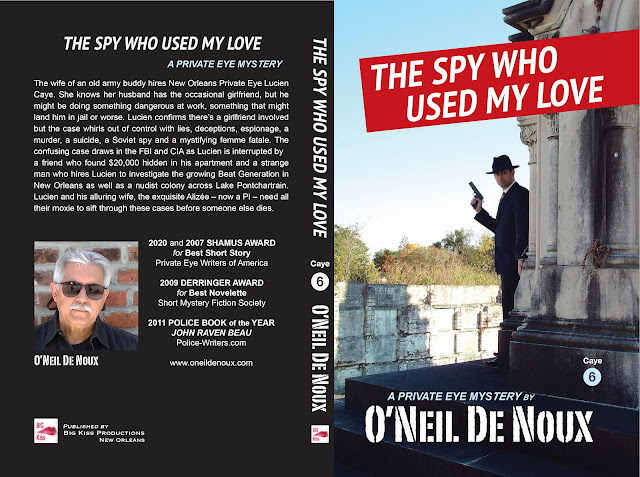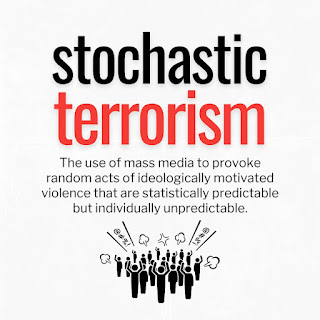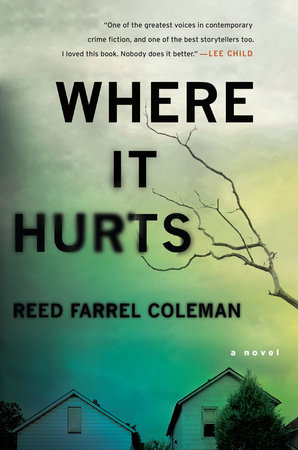Not every miniseries on Netflix is a Harlan Coben story. Astounding, yes, I know, even though I enjoy them sprinkled amongst other series.
My Netflix favorites tend toward foreign productions. European shows dominate, but occasional works slip in from South Korea, South Africa, Venezuela, and Mexico. And Mexico is where the murder mystery Who Killed Sara? is set.
Many of its actors appear in telenovelas, i.e, Hispanic soap operas, sexy soap operas. Cultural tip: Pretty much everything on Telemundo and Univision is sexy, good motivation to learn Spanish.
So, because a number of these actors are cast in daytime dramas, Who Killed Sara? was miscategorized as another telenovela and dismissed. Creator José Ignacio Valenzuela never expected the show might become a global sensation, and misjudging the series as a mere soap serial seemingly sealed its coffin, limiting its impact within Latin America.
Except word got out. People watched. And more people watched. And more. So many viewers, Netflix noticed. And funded a second season. And a third. At one point, it topped their popularity list. Who Killed Sara? had made it.
How Good Are the Bad Guys?
I’m convinced the success of a crime novel hinges upon how good– er, I mean how bad the bad guy is or how complex. The worst of the bad guys should either make your fictional life much more interesting or scare the bloomers off Buchenwald Oberaufseherin Ilse Koch… or both.
Think of any James Bond movie. The best are those with the baddest badass bad guys. The cars or the fancy ass gadgets from Q, might have drawn our curiosity, but remember the scary Colonel Klebb, Dr No, the metallic-toothed Jaws, and pretty much anyone from Golden Eye. Them’s scary!
(A major miscast in Tomorrow Never Dies was media mogul Elliott Carver– the world had yet to meet Rupert Murdoch, an Australian leftist hellbent on bringing the US and Britain to its knees… That’s one hypothesis.)
I previously promoted Hungarian actor Lukács Bicskey as one of the most interesting bad guys in the film Titled Day of Wrath / Game of Swords. Sadly, the movie’s star, American actor Christopher Lambert, sucked the life out of the show, guaranteeing a spot in Film Purgatory.
I present a new nominee for badass bad guys: Ginés García Millán playing César Lazcano, self-made multimillionaire businessman, patriarch of the Lazcano crime family. He’s a charming man who kicks the crap out of his son Chema for being gay and recreationally bangs the wife of his older son, Rodolfo. He and his henchmen are not above murder, including multiple attempts to kill their children’s betrayed friend, our hero Álex. And yet as much as César hates and fears the boy he betrayed, he also admires him. More than once, he is heard berating his kids, telling them he wished he had Álex as his son instead.
Other bad guy nominees might include the OddJob to Lazcano’s Goldfinger is psychopathic sadist Sergio Hernández, played by Juan Carlos Remolina, César’s best friend and business partner. And Mariana Lazcano, portrayed by Claudia Ramírez, wifely manipulator and enabler. Thanks to her motherly pretense, her insidious nature takes longer to reveal. But César Lazcano…
The plot’s problem becomes not who killed teen Sara, but who didn’t have a motive to kill her? Sara, her brother Álex, and the three Lazcano children were close childhood friends, but Sara was extra ‘friendly’ with everyone. She pretty much jodido’d the entire cast except possibly her brother Álex… I think. Then someone sabotaged a parasail killing her.
To keep his family and their business at arm’s length, César and Mariana Lazcano persuaded the dead girl’s young brother Álex to shoulder the blame, promising at most weeks in jail, a transplant for his ailing mother, and a handsome reward him for his troubles. Álex and the Lazcano children were shocked when Álex was sentenced to eighteen years, and worse, reneged on the promises, including caring for his dying mother. Lazcano even attempted to kill Álex in prison.
Thus the series begins with Álex’s release from a tough Mexican prison. He’s angry, wants vengeance, and is determined to sort out who killed his darling sister, not knowing she had carnal relations with half of Ciudad de México, both Lacano parents and their son Rodolfo, Álex’s former best friend.
And then things change. Fluid situations melt and reform. Alliances shift. César Lazcano and Álex team up and attain a mutual respect, whereupon the second season wraps, waiting for season three, and we’re not much closer to figuring out who killed Sara.
Some of My Best Friends…
Actor Eugenio Siller plays the Lazcano’s middle child, José María ‘Chema’ Lazcano, César and Mariana's middle child, second best friend of Álex… and deeply in love with him, unrequited love. His father refuses to acknowledge Chemo is gay and beats him badly to demonstrate manly virtues of something or other.
Nothing goes right for poor Chema. Minor missteps and the simplest of errors results in magnified consequences. To my surprise, I found my heart breaking for him. His character has tragedy stamped all over him. Second only to the relationship between Lazcano daughter Elisa and Álex, I chewed my metaphorical nails over Chema. The actor and writers reached across the border, the cultural barrier, and the gay-straight continuum shaking up my normal affectionate tolerance similar to Álex’s. Nicely accomplished.
And Now We Wait
This project has been filmed through the pandemic. I can’t imagine what the crew had to go through to avoid infections in this midst of this killer coronavirus. For certain, they have created an innovative story with care worthy characters, at least through two seasons. I’m adding this to my list of pending new seasons. It’s darn well worth it.
Have you seen it?
Update: NetFlix says season 3 will be released on the 18th of the month. Yay!

























.jpg)



